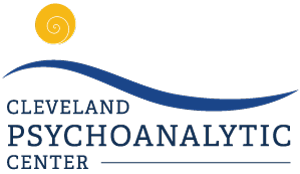A Scientific Meeting presented by Anthony Bass, Ph.D.
Continued Education (CEU/CME): 1.5 credits
Event Price: Event is free. Optional CE fee is $10 members, $25 non-members. Students receive free CEs.
Virtual event via Zoom
In this talk, Tony Bass will consider the ways that bi-directional unconscious communication (the dialogue of unconsciouses that constitutes psychoanalytic work) is a central feature of our daily life with our patients and our therapists, and the root of the sense of the uncanniness of human relations that are integral to the sense of what it is like to be in an analytic relationship. The absence of such feelings may constitute an impasse, or obstacle, or sense of deadness in the transference/countertransference field. We will consider how therapist and patient can find their way back to life by making use of their imaginations, their curiosity and other forms of access to the life of the unconscious.
Learning Objectives:
1. Participants will be able to describe the concept of the uncanny as Freud studied the phenomenon.
2. Participants will understand the origin of the ‘dialogue of unconsciouses’ that constitute psychoanalytic work, as first described by Sandor Ferenczi.
Anthony Bass, Ph.D. is an associate professor and clinical consultant at the NYU Postdoctoral Program in Psychoanalysis and Psychotherapy, and faculty, training and supervising analyst at the Columbia University Center for Psychoanalytic Training and Research. In addition, he is on the faculty and a supervisor at the National Institute for the Psychotherapies National Training Program, the Institute for Contemporary Psychotherapy and the Manhattan Institute for Psychoanalysis. He is a founder and president of the Stephen Mitchell Center for Relational Studies. He was a founding editor of Psychoanalytic Dialogues, the International Journal of Relational Perspectives, and a founding director of the International Association for Relational Psychoanalysis and Psychotherapy. He leads clinical study groups and workshops around the US, Europe and Israel.

